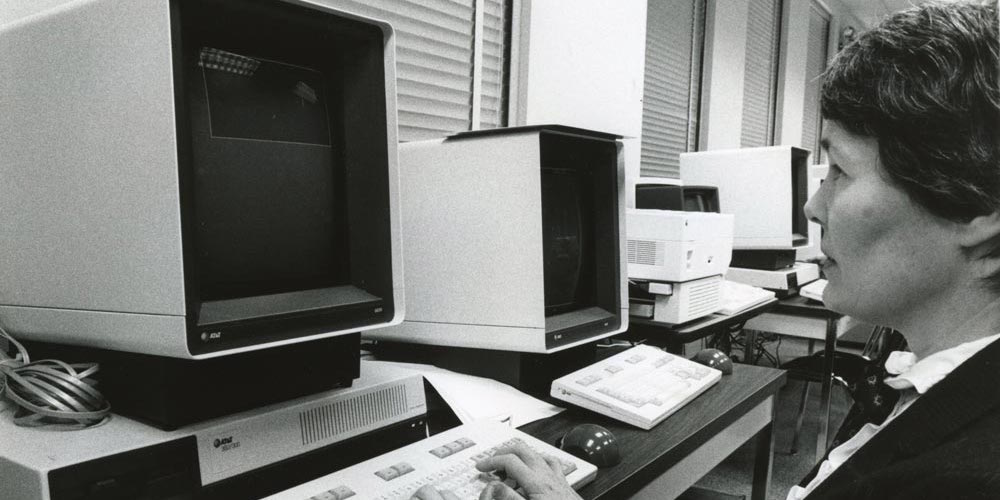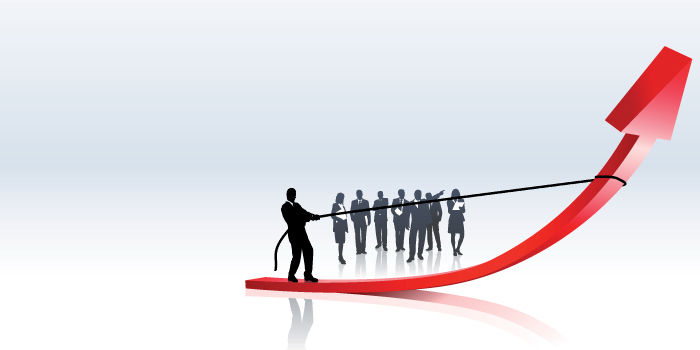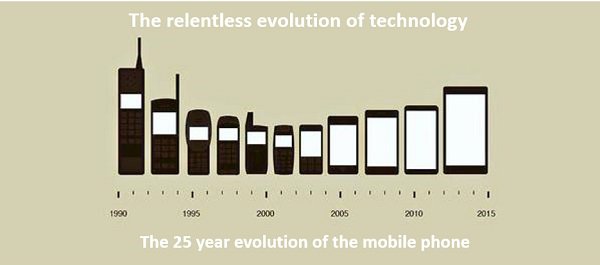
If you’re old enough to remember offices of the 80’s versus offices of the 90’s, then you remember it like this… One day everyone was working on paper spreadsheets. The next day everyone was working in Excel.
Things exploded, what seemed like, overnight. It’s not too dissimilar to the cellphone explosion, which moved even faster than personal computers, but cut a similar path: businesses first, then the consumer market.
Wearables in the workplace will go down the same way. If you consider wearables the transition of computers onto the body, then it only stands to reason things are headed that way, despite concerns about the legal aspects.
We have to figure out pretty quickly what rights employers have to the collected data. Employees already have concerns about Big Brother spying via their work computers. With wearables, those concerns extend to the collection of health data, which could potentially be used discriminately.
Regardless of concerns, there are three huge reasons this is going to happen: it makes companies more money, we expect it, and companies have the cash to spend on it. In the long run, however, this will benefit us… probably.
Businesses Solve for the Bottom Line
Companies are in business for one reason: the bottom line. What that represents for a business is the operating profit of their operation after they spend every penny necessary to make back as many pennies as possible.
While it may seem counterintuitive to assume they would spend money to make money, especially on an emerging technology, consider the personal computer. Long before every household had a computer, businesses were leveraging the advantages of speed afforded by this technology.
Wearables have many reciprocal benefits to earning, from loss prevention to productivity. At the end of the day, if spending a dollar makes back two dollars, then businesses will at least consider it.
Employees Expect It
In a recent study by PricewaterhouseCoopers, 67% of those surveyed expect their employers to splurge for wearables. Ironically, employees don’t trust them with the data from those hypothetical devices.
It’s likely that those surveyed were not thinking of wearables in the functional sense but in the more readily available health trackers sense. While employers may have some interest in health tracking, from an health insurance standpoint, the more likely application of wearable technology will start with loss prevention.
Imagine a wearable that tracks employee movement. This could solve productivity and loss prevention concerns at the same time. Depending on the tech, companies would be equally interested in how well an employee moves as well as how safely he does it.
Employers Have the Capital to Invest
Springing $100 for a fancy wearable might be within reach for some folks, but many people simply don’t have the liquid funds to spend on what they perceive as toys. Never mind what they do spend money on, wearables haven’t reached the point of saturated public necessity.
Ironically, getting wearables into the workplace may serve to build that market faster.
Companies have the capital to spend, especially if they believe there to be a value to their bottom line. They can buy in bulk too, cutting costs. Volume sales would also have a positive impact on the market from a consumer standpoint, once the wearable companies catch up with demand.
Just like the cell phone and the personal computer before it, you can expect the residual impact of workplace wearables to be more personal ones.
This may be uninspiring considering the current outlay of options, but consider that the first iPhones didn’t come out for ten years after the cellphone explosion. It was only related to those first phone in one way: it made cellular calls. In every other way, it revolutionized our lives.
Tomorrow’s wearables will not be anything like what we have today. You will have workplace wearables to thank for it.




